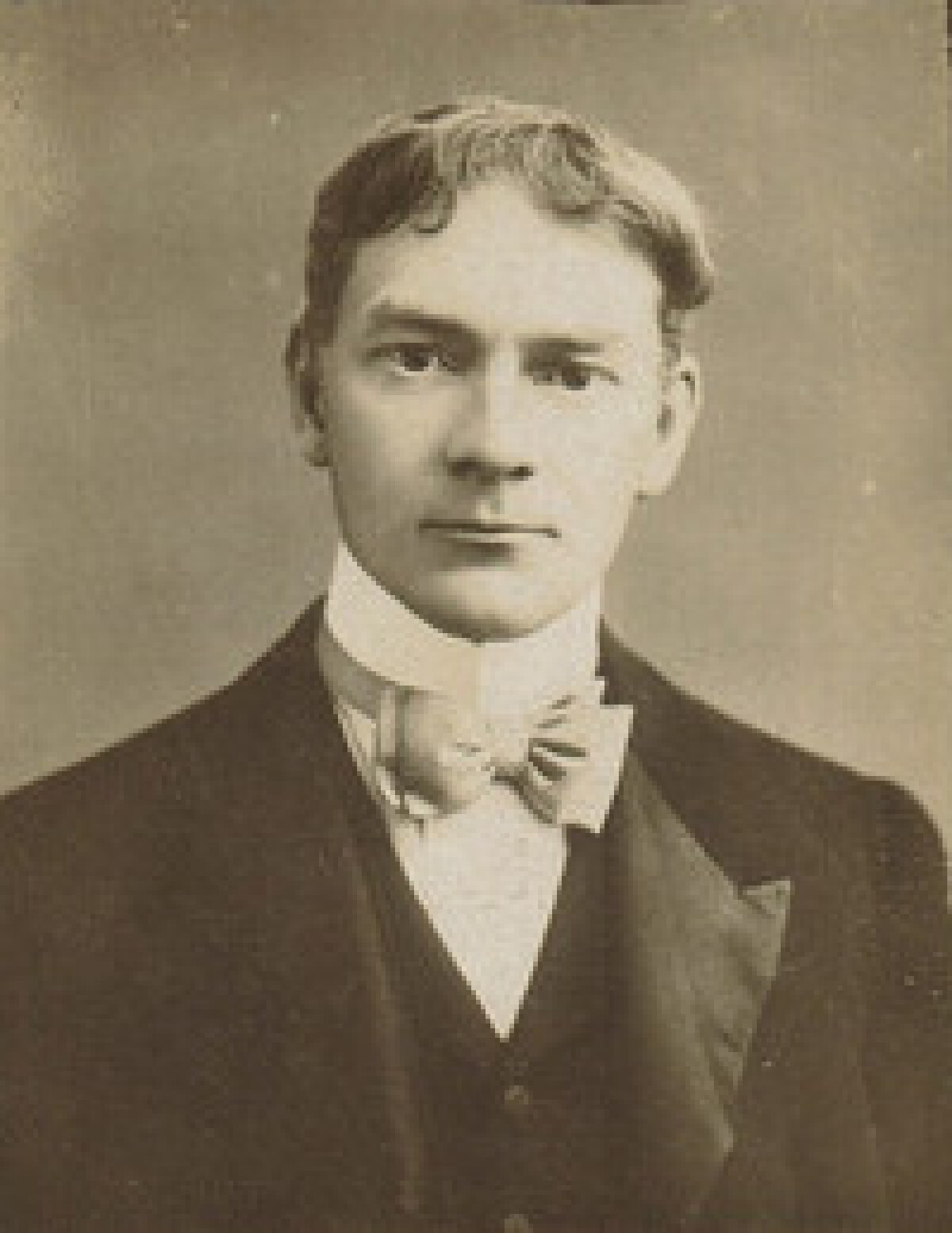Jerome K Jerome
Jerome Klapka Jerome was a renowned English writer and humorist. He is best known for his humorous and comic masterpiece "Three Men in a Boat", apart from his other notable works of literature. He was born on 2nd May, 1859 in Caldmore, Walsall, England, and was raised amidst poverty in London. His other works include the essay collections like the "Idle Thoughts of an Idle Fellow" and "Second Thoughts of an Idle Fellow", "Three Men on the Bummel"- which was a sequel to Three Men in a Boat; and several other novels. Jerome died at the age of 68 on 14th June, 1927.
Jerome Klapka Jerome was born on 2nd May, 1859 in Belsize House, Bradford Street, Walsall, and Stradffordshire, England. He was born to father Jerome Clapp Jerome and mother Marguerite Jones. While his father was a non-conformist lay preacher, ironmonger and architect by profession and his mother was a daughter of a solicitor. Jerome was their fourth child. He had two sisters, Paulina Deodata, Blandina Dominica and Brother Milton Melancthon. Jerome lost his father at an early age of fourteen.
Initially Jerome was registered as Jerome Clap Jerome and later his name was amended as Klapka. Jerome faced a lot of poverty due to bad investment in the local mining industry and debt collectors were frequent visitors in their house. Jerome later described his experiences of childhood in his autobiography My Life and Times (1926).
Jerome lost his father at the age of 13 and he lost his mother at the age of 15. As a young boy Jerome always wanted to join politics and become a member of parliament but due to the crisis at home front, he was forced to quit his studies and find work to support his living. He studied at the Philological School later known as Marylebone but he had to leave his school for doing a job at the London and North Western Railway. Initially his work was all about collecting coal and he continued doing it for four years.
Jerome’s acting career was inspired by his older sister Blandina's love for the theatre in 1877. Jerome started his acting career under the stage name Harold Crichton. He joined a repertory troupe and produced low budget plays with meagre resources. He produced such plays for three years and at the age of 21, he decided to end his theatre career. He then tried his hands in becoming a very a journalist, wrote essays, satires and short stories and over the next few years, but most of these were rejected. Over the next few years he served as a school teacher, a packer, and a solicitor's clerk. He tasted success as an actor finally in 1885, with his play On the Stage.
His writing career started with his collection of humorous essays Idle Thoughts of an Idle Fellow published in 1886. Jerome wrote his most famous work of literature Three Men in a Boat after his return from his honeymoon on a boat in river Thames. Soon after it’s publication in 1889 it went on to become an instant hit. The two main Protagonists in the novel were replaced by his friends George Wingrave (George) and Carl Hentschel (Harris). He created a comic situation in the book which was no way related or remotely connected to the history of the Thames region. With its publication, the number of boats went upto fifty percent following its publication. Within twenty years, the book sold over a million copies and was later adapted to movies, TV and radio shows, stage plays, and even a musical. His style of writing influenced many humorists and satirists in England. Later, he went on to write many plays, novels and essay but they were not as successful as his book Three Men in a Boat. In 1892, he edited the Idler. In 1893, he founded To-Day but had to stop its publication because of an ongoing financial crisis and a libel suit against him. In 1898, during his short stay at Germany, he wrote Three Men on the Bummel which was a sequel to Three Men in a Boat. In 1902, he published the novel, Paul Kelver, which is considered an autobiographical and wrote the play The Passing of the Third Floor Back in 1908.Jerome published his autobiography, My Life and Times in 1926. The Borough of Walsall gave him the title Freeman of the Borough.
Jerome volunteered to offer his service during World War I at 56 years of age. The British Army considered him too old and rejected him on the basis of his age.
Jerome got married to Georgina Elizabeth Henrietta Stanley Marris (Ettie), who was a divorcee. She had a daughter from her previous marriage of five years named Elsie. Jerome’s step-daughter died in 1921.
Jerome spent most of his last days at his farmhouse in Ewelme near Wallingford. He died of stroke and a cerebral haemorrhage at the age of 68 on 14th June, 1927 in Northampton, England. He was cremated at Golders Green and his ashes were buried at St Mary's Church, Ewelme, and Oxfordshire alongside his wife, sister and step-daughter.
Share:









